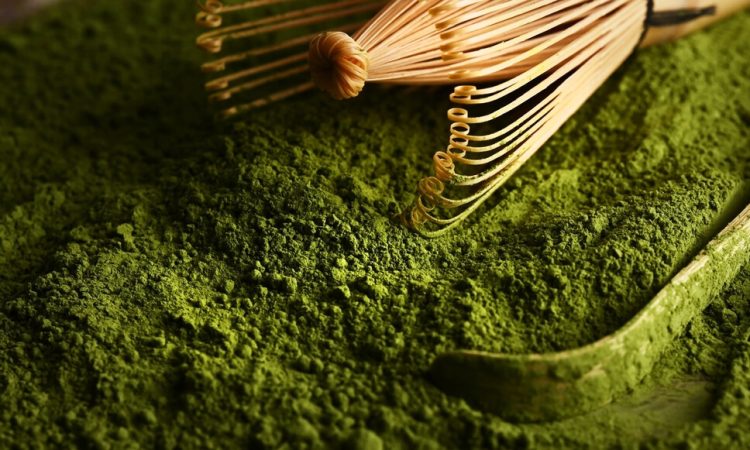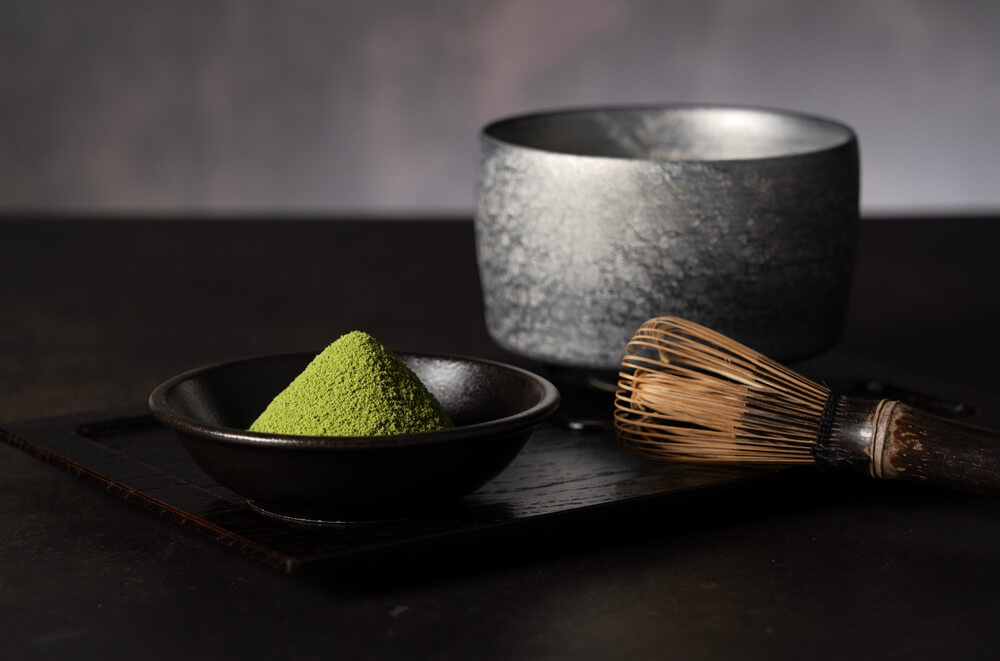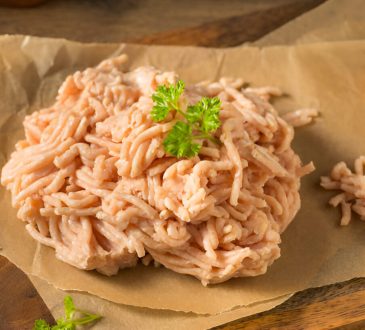
Matcha, a finely ground powder of specially grown and processed green tea leaves, has taken the world by storm in recent years. Originating from Japan, matcha is renowned for its vibrant green color and distinctive taste. But what is matcha exactly, and why has it garnered such widespread popularity?
Matcha differs from traditional green tea in its cultivation and preparation. The tea plants are shade-grown for about three weeks before harvest, which increases the chlorophyll content and gives the leaves a rich green hue. After harvesting, the leaves are steamed, dried, and then stone-ground into a fine powder.
One of the primary reasons for matcha’s popularity is its numerous health benefits. Matcha tea benefits include high levels of antioxidants called catechins, which can help prevent cell damage and reduce the risk of chronic diseases. Additionally, matcha contains L-theanine, an amino acid that promotes relaxation without drowsiness while enhancing cognitive function.
The versatility of matcha also contributes to its rising fame. Beyond traditional tea preparation, this green tea powder can be incorporated into various recipes, from lattes and smoothies to baked goods, making it easy to enjoy its unique flavor and health advantages in multiple forms.
In summary, matcha’s combination of rich history, potent health benefits, and culinary versatility makes it a standout choice among teas worldwide. Whether you’re sipping on a warm cup or blending it into your favorite recipe, it’s clear why this vibrant green powder continues to captivate so many enthusiasts around the globe.
How Much Caffeine Does Matcha Contain?

When it comes to caffeine content, matcha offers a unique profile compared to other caffeinated beverages. Matcha is a powdered form of green tea that has gained popularity for its potential health benefits and distinctive flavor. But how much caffeine does matcha actually contain?
On average, one gram of matcha powder contains about 35 milligrams of caffeine. This amount can vary depending on the quality and preparation method of the matcha. Typically, a standard serving size is about two grams, which translates to approximately 70 milligrams of caffeine per serving.
To put this into perspective, let’s compare the caffeine levels in matcha vs coffee. An average cup of brewed coffee contains around 95 milligrams of caffeine, making it significantly higher in caffeine content compared to a typical serving of matcha tea. However, it’s important to note that the experience and effects of consuming these beverages differ due to their unique compositions.
Matcha also contains L-theanine, an amino acid that promotes relaxation and counteracts some of the jittery effects commonly associated with high-caffeine intake from coffee. This combination allows for a more balanced energy boost without the sudden crash often experienced after drinking coffee.
Understanding the caffeine amount in matcha tea can help you make informed decisions about your daily beverage choices and manage your overall caffeine intake effectively. Whether you’re looking for a gentler alternative to coffee or simply want to explore new flavors, knowing these details can enhance your appreciation for this traditional Japanese drink.
How Does the Caffeine in Matcha Compare to Other Teas and Coffee?
When it comes to caffeine content, matcha offers a unique profile compared to other teas and coffee. Understanding these differences can help you make informed choices about your daily caffeine intake.
Matcha vs Coffee Caffeine: Matcha contains about 35mg of caffeine per gram, translating to roughly 70mg per serving (2 grams). In contrast, an average cup of coffee contains around 95mg of caffeine. While coffee provides a quick energy spike followed by a potential crash, matcha delivers a more sustained energy boost due to its high levels of L-theanine, an amino acid that promotes relaxation without drowsiness.
Green Tea vs Matcha Caffeine: Regular green tea generally contains about 20-30mg of caffeine per cup. Since matcha is made from powdered whole tea leaves, it has significantly higher caffeine content. A serving of matcha can have up to three times the amount of caffeine found in regular green tea, making it a more potent option for those seeking an energy lift.
Black Tea vs Matcha Caffeine: Black tea typically contains around 40-70mg of caffeine per cup. This places its caffeine content between that of green tea and coffee but still lower than that found in matcha. The sustained release of energy provided by matcha’s combination of caffeine and L-theanine makes it a compelling alternative to black tea for those looking for prolonged alertness without the jitters.
Caffeine Comparison Chart:
– Matcha: ~70mg per serving
– Coffee: ~95mg per cup
– Green Tea: ~20-30mg per cup
– Black Tea: ~40-70mg per cup
By comparing these options, it’s clear that matcha stands out not just for its moderate yet effective caffeine content but also for the balanced and lasting energy it provides. Whether you’re looking to replace your morning coffee or simply explore new ways to stay energized throughout the day, understanding these differences can guide you toward the best choice for your lifestyle.
The Unique Effects of Matcha’s Caffeine on the Body and Mind
Matcha, a finely ground powder of specially grown and processed green tea leaves, offers a unique energy boost that sets it apart from other caffeinated beverages. One of the key components contributing to this distinct effect is the synergy between caffeine and L-theanine, an amino acid found abundantly in matcha.
Unlike the rapid spike and subsequent crash commonly associated with coffee, matcha provides sustained energy. This is largely due to L-theanine’s ability to modulate caffeine’s impact on the body. The combination of these two compounds results in a slower release of caffeine into the bloodstream, ensuring prolonged periods of alertness without the jittery side effects.
Moreover, L-theanine promotes mental clarity by increasing alpha brain wave activity. This enhances focus and concentration while simultaneously inducing a state of calm relaxation. As a result, consuming matcha can lead to improved cognitive function and heightened mental clarity without the anxiety or restlessness that often accompanies other sources of caffeine.
In summary, matcha offers a balanced energy boost through its unique blend of caffeine and L-theanine. This synergy not only provides sustained energy but also supports enhanced mental clarity, making it an excellent choice for those seeking both physical vitality and cognitive sharpness throughout their day.
Caffeinated Benefits of Drinking Matcha Tea Regularly
Matcha tea has gained popularity not just for its vibrant green color and unique taste, but also for its remarkable health benefits. One of the most significant advantages of drinking matcha daily is its ability to enhance focus and alertness. Unlike other caffeinated teas, matcha provides a more sustained energy boost without the jittery side effects often associated with coffee.
The secret lies in the unique combination of caffeine and L-theanine found in matcha. This powerful duo promotes a state of calm alertness, helping you stay focused and productive throughout the day. Additionally, the health benefits of caffeinated teas like matcha extend beyond mental clarity. Matcha is rich in antioxidants known as catechins, which support overall wellness by combating free radicals and reducing inflammation.
Incorporating matcha into your daily routine can also aid in weight management. The catechins in matcha have been shown to boost metabolism and increase fat burning during exercise. Regular consumption can, therefore, contribute to maintaining a healthy weight while providing essential nutrients such as vitamins A, C, and E.
Overall, the benefits of drinking matcha daily are numerous; from enhanced focus and alertness to comprehensive health improvements, making it a worthwhile addition to any wellness regimen.
Cautions and Considerations When Consuming Caffeinated Beverages Like Matcha
When consuming caffeinated beverages like matcha, it’s important to be aware of potential cautions and considerations to ensure a healthy experience. One key factor is sensitivity to caffeine. Individuals vary in their tolerance levels, and those with high sensitivity may experience jitteriness, anxiety, or insomnia even with small amounts of caffeine.
So, how much matcha is safe to drink daily? Generally, experts recommend limiting matcha intake to about one or two cups per day. This amount provides the benefits of antioxidants and energy boosts without overwhelming your system with too much caffeine.
It’s also crucial to understand the potential side effects of too much caffeine. Consuming excessive amounts can lead to symptoms such as increased heart rate, digestive issues, and headaches. It’s always best to listen to your body and consult with a healthcare professional if you have any concerns about your caffeine consumption.
By being mindful of these factors, you can enjoy the benefits of this popular beverage while maintaining your overall well-being.
Should You Add Matcha to Your Daily Routine for a Healthy Boost?
Matcha, a finely ground powder of specially grown and processed green tea leaves, has been celebrated for its numerous health benefits. Rich in antioxidants, particularly catechins, matcha can help combat free radicals in the body. Its high concentration of L-theanine promotes relaxation without drowsiness, making it an excellent choice for those seeking mental clarity and focus.
Incorporating matcha into your daily routine can also aid in weight management. The combination of caffeine and catechins has been shown to boost metabolism and increase fat burning. Additionally, matcha is known to support cardiovascular health by reducing levels of LDL cholesterol and improving blood flow.
For those concerned about their immune system, matcha provides a significant amount of vitamins A and C, potassium, protein, iron, and calcium. These nutrients collectively contribute to overall well-being and enhanced immune function.
Given its myriad benefits, adding matcha to your daily regimen could indeed offer a healthy boost. Whether you prefer it as a hot tea or blended into smoothies or lattes, this versatile superfood is worth considering for anyone looking to enhance their diet with natural goodness.




